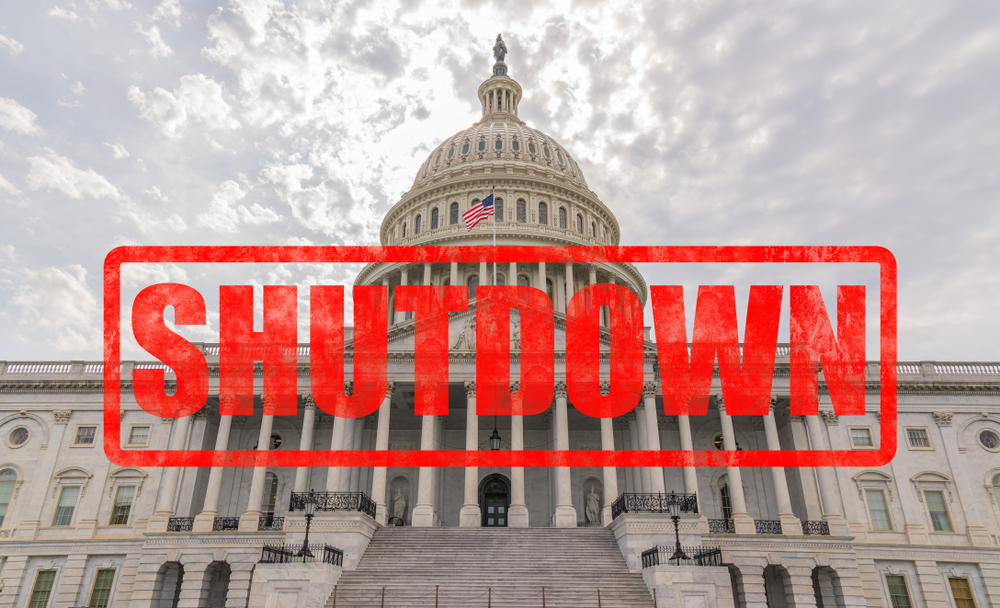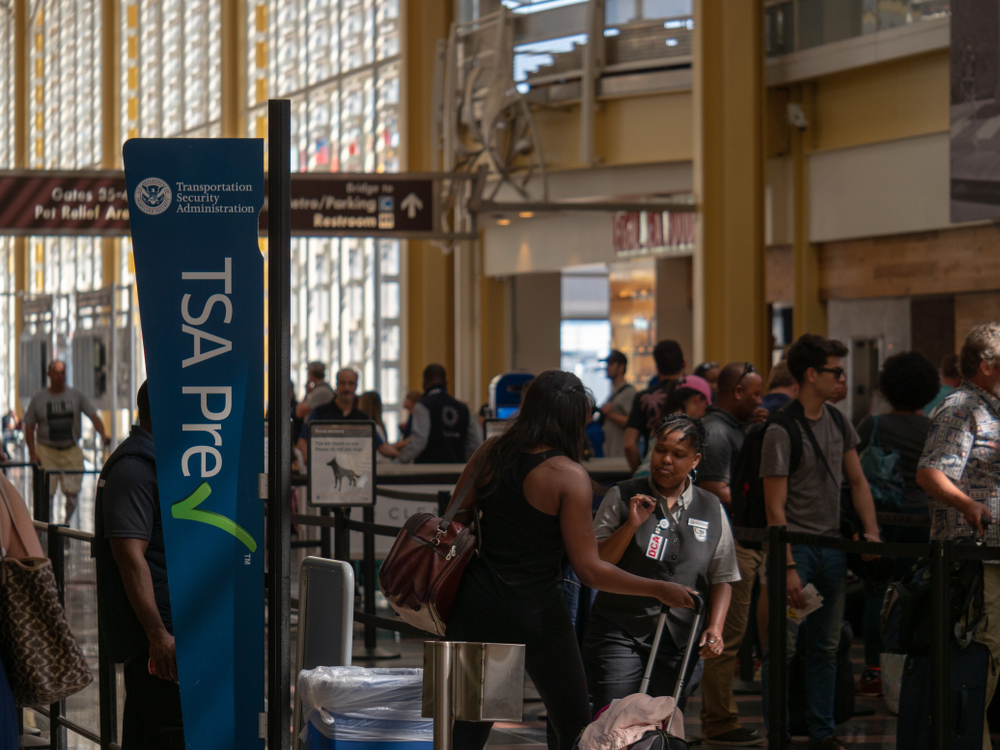
It is Day 32 of the shutdown and the travel industry is feeling the impact. If the UK is battling Brexit, the US is dealing with the disagreement between President Donald Trump and the US Congress.
Longest shutdown
As of 22 January, the shutdown is in its 32nd day and the longest government shutdown in history after it surpassed the 21-day shutdown of 1995-1996. The shutdown began on 22 December 2018 after the US Congress and Trump could not agree on the appropriations bill to fund the operations of the federal government for the 2019 fiscal year. Therefore, the Antideficiency Act was enacted that prohibits federal departments or agencies from conducting non-essential operations without appropriations legislation in place. As a result, nine executive departments with around 800,000 employees had to shut down partially or in full, affecting about one-fourth of government activities and causing employee furloughs.
The disagreement stemmed from an impasse over Trump's demand for USD 5.7 billion in federal funds for a US–Mexico border wall. In December 2018, the Senate passed an appropriations bill sans the wall funding and was likely to be approved by the Congress and Trump. However, Trump received heavy criticisms from the right wing media and Trump voters demanding him to fulfil his promise to “build the wall”. Trump succumbed to the pressure and has announced that he would not sign any appropriations bill that does not fund it.
In January, the House, which is controlled by the Democratic Party, voted the appropriations bill without wall funding previously approved by the Senate unanimously. Trump has expressed that he will continue to veto any bill that does not fund the wall.
The current political hurdle has an adverse effect on the travel industry. Even without the “wall,” the shutdown has created walls among people.
Delays in air travel
The government shutdown has immediate effects on aviation as the Transportation Security Administration (TSA) was unable to pay its workers who had not been paid since 22 December. The air traffic controllers in the US are currently federal employees and affected by this government shutdown. As the air traffic controllers were deemed essential employees, they were required to work without pay. Airline and aircraft safety inspectors, on the other hand, had been deemed nonessential and furloughed since the beginning of the government shutdown. As a result, many TSA employees have also called out sick as most of them are looking for other jobs to make ends meet.
The effect of this is long lines in airports. TSA encourages travellers to stay up to date on airport and airline information in allotting enough time to get through security.
Travel agencies suffer
Due to the uncertainty, travel agencies are feeling the concerns from travellers, especially from foreigners since the issue at hand is highly political. Mitch Toren, owner of TripGuy.com, which is based in Ivyland, Pennsylvania, has witnessed how the government shutdown is affecting his business.
“It’s unfortunate but we have had a few clients either cancel outright or postpone trips as a result of their current financial insecurity. We are doing everything we can to work with our suppliers to provide payment plans or something similar, hoping it comes to an end sooner than later,” he said.
Delta Airlines claims it will lose USD 25 million this month from the loss of business that comes directly from government employees and contractors who fly with the airline.
Hotel demand plunges
In the Washington area, including its nearby suburbs in Maryland and Virginia, hotel revenue plunged 26% in the second week of January compared with the same period last year, according to STR, a travel research firm.
If the shutdown lingers and people see more reports of long TSA lines on television news, "they will say, 'Oh wow, travelling is hard,' and that impacts the hotel industry," said Jan Freitag, a senior vice president at STR.
While the visible impact has been on airports, it will soon trickle down to the hospitality sector, especially as travellers are discouraged to travel to the US.
National parks undermaintained
A number of National Park Service sites across the country have been closed, those that remained open are severely understaffed. Some park sites have been operating for weeks without park service-provided visitor services such as restrooms, trash collection, facilities or road maintenance.
Restaurants and shops
The problems would emerge if the shutdown persists, and the damage would extend to the private companies that operate airport shops and restaurants. A slowdown on the influx of tourists will mean a decrease in revenue for shops.
The travel and tourism industries generate about USD 1.6 trillion in US economic activity, which is one-twelfth of the economy, according to the Commerce Department.






















